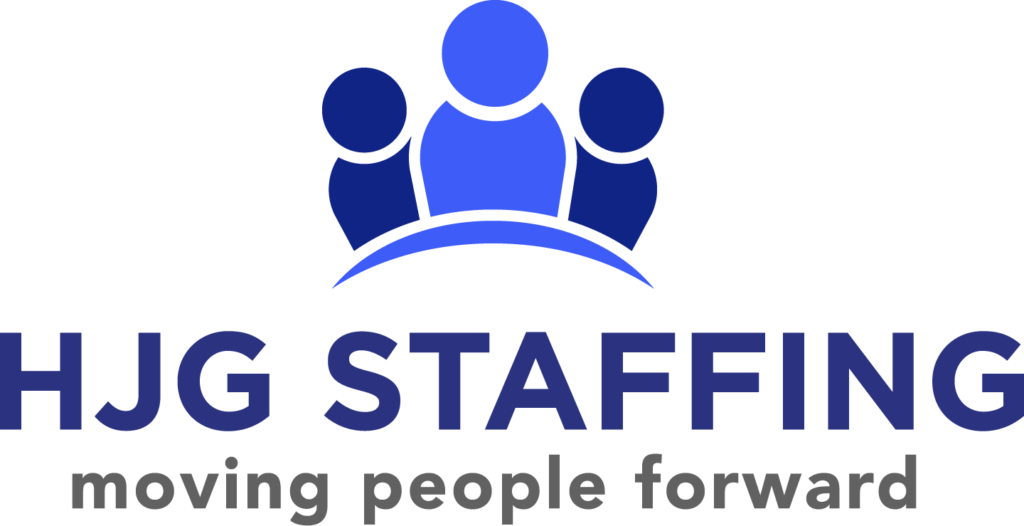Since the emergence of the pandemic, job layoffs seem to be synonymous with Covid-19. In many ways, this makes sense. Companies were forced to downsize during uncertain and unstable times. In 2023, layoffs are still prevalent, especially in the tech world. While being laid off from a job can be awful and even feel traumatic, some unemployed individuals were still able to find and/or create meaningful perspectives. This week, we interviewed various people to learn important insights provided by unemployment.

1. Work Life Balance is Incredibly Important
“Becoming unemployed was terrifying to me. It was unexpected, and suddenly I went from being constantly busy to being forced to slow down.” Patrick’s situation is not uncommon. We live in a world that has glorified consistent productivity and output. Constantly living in a state of busyness and suddenly being forced to slow down is a strange transition.
However, after a while, some people found a new way to exist. “This time of limbo, being in-between jobs, started terribly but this shift happened. After a little while, I felt like I could breathe again. I wasn’t rushing through meals, and my mind was more clear. I even had the mental space to be more aware of when I was clenching my jaw or shoulders,” Patrick adds.

Being accustomed to living in a certain state means that we aren’t always aware that our lifestyle may be hurting us, or that it could use some improvements. And while unemployment is certainly not preferable to many people, it also proved that work-life balance was majorly lacking. In fact, some people even chose to leave their companies during the Great Resignation, in search of better treatment and more balance.
According to an article by Professor Janette Ballard at the University of Denver, “Too much of anything, even something good, can be bad! Other developed nations provide significantly more vacation time than does the U.S., as well as more benefits for working parents. In short, people want the ability to have a productive life along with a productive work life.”

2. Relationships:
Similar to work-life balance taking the forefront, the same thing happened with relationships. Covid uprooted and even ended many lives. This tragedy has been eye-opening to say the least. Without a global pandemic, life is unpredictable and fragile. With a life-threatening illness in the midst of humanity, we were forced to come eye to eye with this fragility.
“I used to work in a place that was very strict on attendance,” says Jennifer, a mother and sales manager. “If my child was sick, I was technically allowed to go tend to them, but it was not encouraged. That made me uneasy.” Unfortunately, the expectation of workers to trudge through work tasks, even during personal roadblocks, is a common experience. “I was unemployed for a while, which was not my choice, but it made me realize how nice it was to take care of my family without guilt.”

Aside from having more time to care for sick loved ones, unemployed individuals additionally realized that they had more time for general relationship-building. According to Psychology Today, one study “showed that lack of social connection is a greater detriment to health than obesity, smoking and high blood pressure. On the flip side, strong social connection leads to a 50% increased chance of longevity. Social connection [can even] strengthen our immune system.”
Many job-seekers now look for a flexible job, one that understands the importance of relationships.
3. The Importance of Re-Charging:
Suddenly, people wore more hats than ever before. Caregivers who held employment morphed into teachers, took on more work tasks, and were given added roles and responsibilities. In some ways, these added stressors and responsibilities seemed to wake up the world and reveal a culture of massive burnout.

Even psychological experts struggle with self-care. In fact, at onset of covid, “more than 4 in 10 psychologists (41%) said that they felt burned out, and 30% said that they have not been able to meet the demand for treatment from their patients” (American Psychological Association). However, they were able to find solace through implementing and upping their self-care game.
Whether you’re unemployed, work remotely or on site, creating time to rejuvenate is highly important. Taking time away from the chaos and responsibilities of life contributes to well-being and balance. Feeling guilty for stepping away from loved ones or responsibilities is normal. Remind yourself that in order to care for others, you must first care for yourself.
4. Money isn’t Everything, but it’s Something:
While positive lessons emerged from the pandemic and unemployment, reality still remains. “While money isn’t my biggest motivator, being unemployed hit me hard,” says Roberto, a customer service rep. “I always kept the mindset that work was for maintaining my bills and life, but not my entire world.” Roberto’s mindset is positive; jobs are not everything and there’s more to life than work. However, work is something. “Without employment, I realized that having a consistent income, even if it wasn’t much, kept me from stressing monetarily.”

The reality of life is that it costs money to provide for ourselves. Bills, food, entertainment, gift-giving and an endless list of necessities and desires are obtainable through monetary means. According to CNBC, “As the cost of living surged in 2022, the number of Americans living paycheck to paycheck jumped to 64% as of December.”
While unemployment may have reiterated that money isn’t necessarily the key to happiness, it also revealed that life can be even more difficult and scary without it. “I still maintain that money isn’t everything,” Roberto says. “But it’s easy to be nonchalant about it when you have money to spare. I am more diligent about saving and shifting my mindset to realizing that money, like everything, has its pros and cons.”
5. Sweating the Small Stuff
“I laugh now at things that used to send me into a tizzy,” says Elizabeth, a teacher. “I know this is a personal problem, but if I had a typo in an important email, I would feel so embarrassed and incompetent.” John, a former school teacher, reflects on the things that used to heavily worry him. “I am glad that the severity of covid and unemployment gave me time to reflect. I realized the tiny stressors I added to my life, and now I work to let them go.”

It’s hard to let go of the “small” things sometimes. Small things often lead to big things or affect us, and that is perfectly valid. Letting go of small stuff is an ongoing effort. It is important to remember the importance of progress over perfection. This can look like altering negative self-talk, choosing to slowly let go of perfectionism, or selecting our battles wisely. “It’s about making my life easier by letting go of the things I can.”
Unemployment is often unpredictable, shocking and a major transition. As people found themselves without work, uncertainty and stress grew prevalent. However, out of the darkness and confusion, silver linings arose. Covid-19 acted as a wakeup call to humanity, revealing that taking care of ourselves and our loved ones is a priority, even if it interrupts a work deadline.

Connecting with people is imperative to well-being, alongside treating ourselves with kindness and making time for self-care. Finally, while money may not be everything, it is something. Being able to meet basic needs is a current and ongoing struggle for many. With these important lessons breaching the surface of the collective mindset, remembering to maintain balance and create moments of peace and joy is more necessary than ever.



